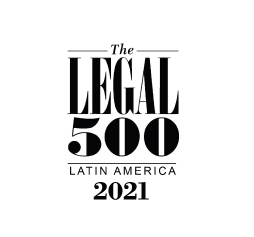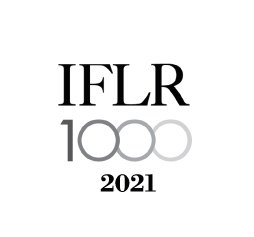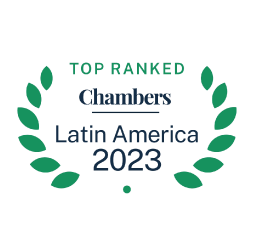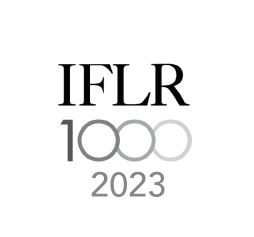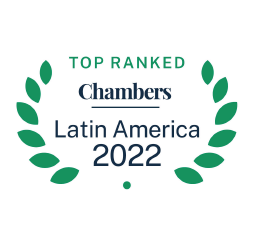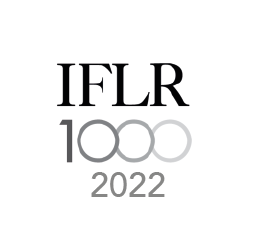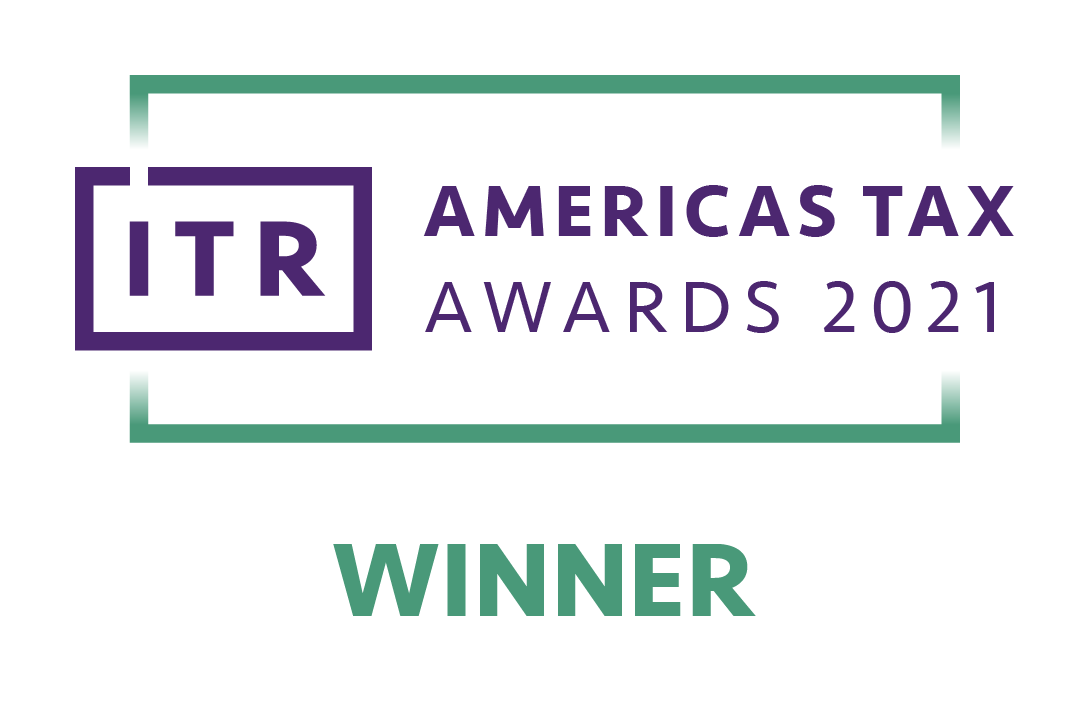Recently, the Executive Branch published Decree No. 4644/20, whereby the “Special Rules for valuation of Operations” (the “Rules”) are regulated, name given by the new tax law gives in our country to those usually known as transfer pricing rules.
Indeed, Law No. 6380/19 (the “Law”), which implemented the tax reform, emphasized the modification of the regulatory design of income taxation, adopting international standards, being one of its columns the introduction of transfer pricing control rules, although with some adjustments.
However, the haste with which the reform was carried out and subsequent appearance of the pandemic, caused that regulation and adjustment of this Corporate Income Tax (“IRE”) chapter be deferred to these times.
However, the entry into force of these special rules as of January 1, 2021 (for most of the cases), when the regulatory decree has just been published, is still remarkable.
On the other hand, as the Law already announces, and it could not be otherwise, the arm’s length principle -known to all- is the one that founds and gives basis to the transfer pricing regulatory complex. Thus, applying the aforementioned principle, when associated or related companies carry out transactions under conditions different from those that would usually be agreed upon by independent parties, the benefits that would have been obtained by the local company in the absence of such conditions may be adjusted -for tax purposes- and include said benefits to be taxed under the IRE.
The principle promotes tax neutrality and pursues an arm’s length model where arbitrary price distortions arising from the factual reality of the common management of a group of companies are eliminated, that is, it seeks to neutralize the existence of controlled transactions through the application of market prices, while avoiding erosion of the tax base of income taxation and the transfer of incomes to jurisdictions with non or little taxation.
A legal novelty of the regime is that the Rules will affect not only IRE taxpayers who carry out operations with non-resident related companies, but they are also included as operations subject to analysis and adjustment when they are carried out with local / resident persons who are exonerated, exempt or not covered by said tax.
Furthermore, following certain models, the Rules provide that, unless proven otherwise, operations with related parties are those carried out with companies that are in jurisdictions with non or low taxation, such as those carried out with users of free zones or maquila entities.
The Law has already defined the related parties in a fairly broad way, such as when two or more people participate directly or indirectly in the control and/or capital of the other or others, taking as parameter the participation of more than 50% of the share capital with voting rights. In addition, it is considered that there is participation in control of the person, when one has the factual capacity to influence the commercial decisions of the other, through -for example- appointment of managers, officers or directors, contractual dominant influence, functional influence or credit rights, in short, any case in which a person can significantly guide or define the activities of the other person/company.
Certain clarifications were expected in the regulations of this concept, which did not occur, so there are still some doubts regarding this definition, which will remain until they are clarified by the Administration or until judicial rulings are issued, which would be happening in a long time.
Those who must apply the Rules will determine their income and deductions, considering operations that do not comply with the arm’s length principle, the prices and considerations that they would have used with or between independent parties in comparable operations, with similar conditions, under risk of the penalty consisting on the Tax Administration determining income -and deductions- ex officio after applying the same principle.
Regarding the valuation methods, the Rules include traditional methods such as: i) uncontrolled comparable price, ii) resale, iii) added cost, iv) profit sharing, v) profit sharing residual, vi) transactional profit margins and, a seventh method – known before as the “sixth method”, of Argentine roots and which follows the previous “Export Price Adjustment”, provided for in Law No. 5061/13, currently out of force, applicable to certain commodities (soybeans and their derivatives, corn, rice and wheat).
This “seventh method”, was created according to the Federal Administration of Public Revenues (“AFIP”) to fight an apparent scheme of international evasion consisting of the export of primary products from Argentina, using intermediaries without real functions and/or without economic substance, constituted in opaque jurisdictions and/or in countries with non or little taxation.
Applying the seventh method according to the provisions of Decree No. 4644/20, when the exported goods do not match prices quoted in transparent markets, the price must be adjusted to the date of shipment completion or the day before there is a quote or the date indicated in the Register of Future Contracts, being this a taxable amount on which the IRE rate must be applied directly, regardless of other incomes and expenses. This is a worrying provision because its wording is not in accordance with the Law and could lead to litigation in the future.
Finally, the decree delegates a number of operational issues to the Tax Administration, which must still issue resolutions in order to have a clearer picture of the practical application of the Rules. ´
However, it is clear that Paraguay is trying to include and apply the guidelines of international organizations in order to project a better image of the country, so the Rules, as well as other measures, are here to stay, along with other legal developments in the tax area.
For more information, please contact our experts, federico.valinotti@berke.com.py, mauro.mascareno@berke.com.py and carlos.vargas@berke.com.py.

